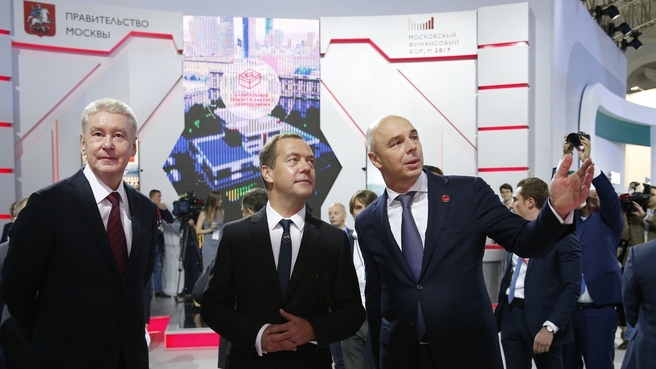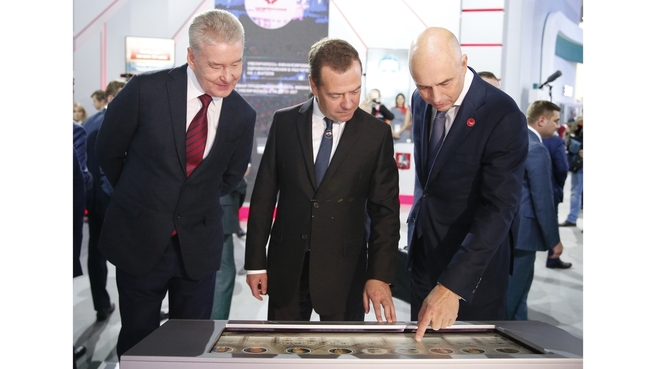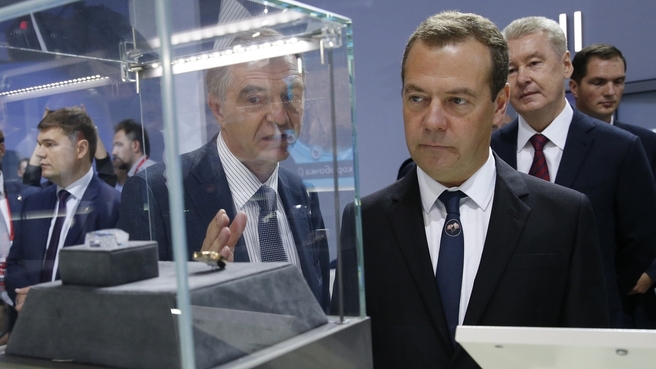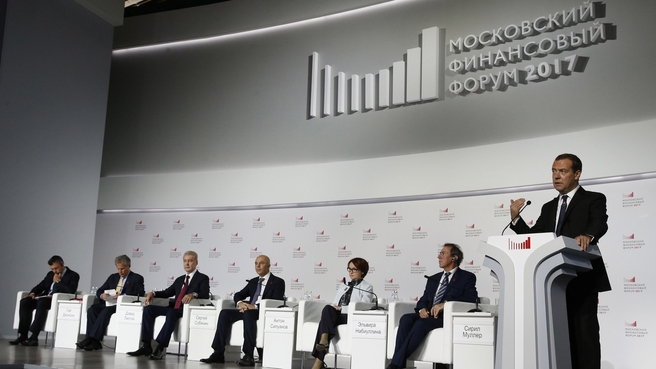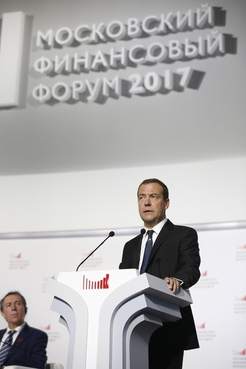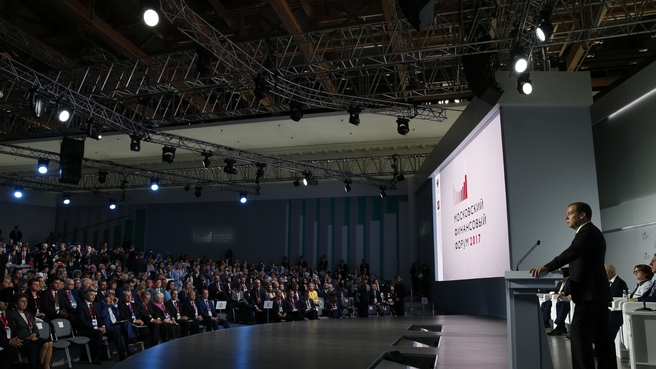Dmitry Medvedev held talks with Lebanon’s President of the Council of Ministers Saad Hariri.
Excerpts from the transcript:
Dmitry Medvedev: Your visit coincided with a period when our business links and the contacts between our governments are intensifying. The bilateral dialogue and contacts between our business communities are developing, which has led to the drafting of documents to be signed during your visit. There was a certain decline in our business activity but we have seen it building back up recently, particularly this year. This includes the structure of bilateral trade which, in our view, is becoming more optimal.
I would like to note your consistent policy of expanding cooperation with our country.
In every possible way, we support your course toward strengthening Lebanon’s unity, preserving its sovereignty and territorial integrity.
Both our countries are facing all the problems of the modern world, including terrorism. In this context, I would like to congratulate you on the successful completion of the operation to eliminate extremist groups in Lebanon.
We are ready to further enhance our counter-terrorism cooperation and cooperation in other sensitive areas.
Tomorrow you are meeting with President Putin. Hopefully, your visit will start a new chapter in Russia-Lebanon relations.
Saad Hariri (via interpreter): Our political relations have reached an exceptional level and we would like our economic relations to reach the same level. Indeed, Lebanon is experiencing many problems, one of which is terrorism. We are defeating the terrorists but Lebanon still needs the help of friends like Russia.
There are many issues caused by the presence of Syrian refugees in our country. Should a political solution be found in Syria, it must provide for the return of Syrian refugees to their homes. I am not only talking about those in Lebanon but elsewhere in the world.
We are extremely serious about the need to develop our economic relations. At this particular time, it is very important to make sure that my visit becomes a significant investment in the strengthening of these relations.
Russian companies are now competing in tenders to develop gas deposits. We really want Russian businesses to have a presence in our country.
Shortly, we will get started on infrastructure investment projects and we would also like to see Russian companies operating in Lebanon.
We continue the rearmament of the Lebanese army and our wish is also to establish military cooperation with Russia.
To this day, we have managed to ensure the security of our country and stability in Lebanon. But the current task is to neutralise the threats coming from Syria and several other countries in the region, including Israel.
To secure our sovereignty, we need to further expand cooperation between security services and corresponding agencies.
